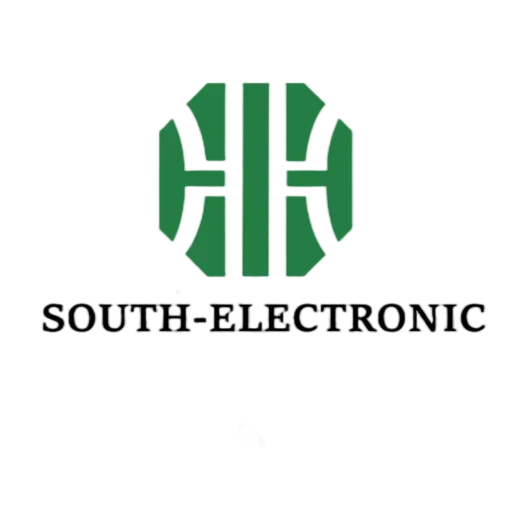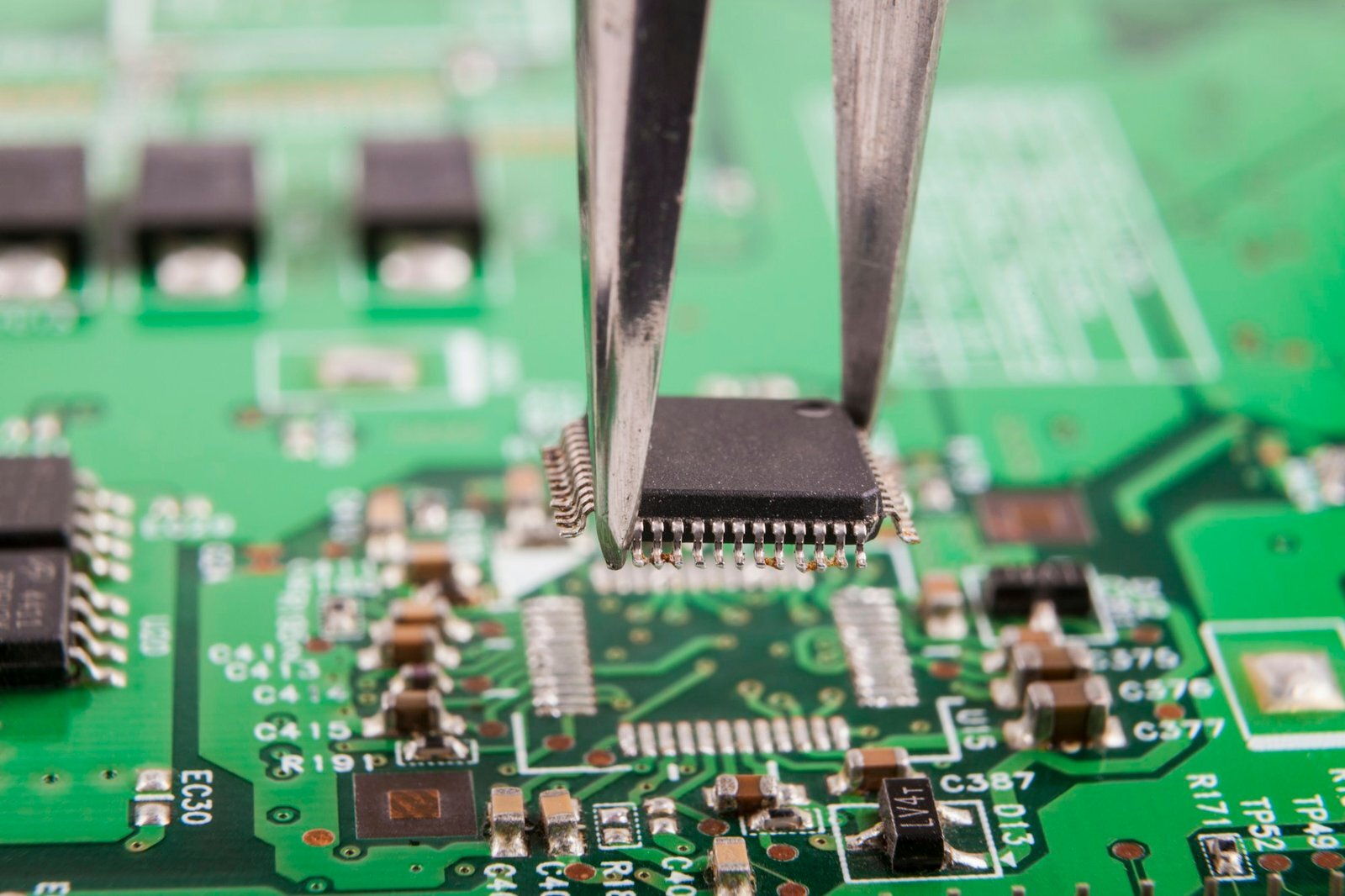What are Some Good PCB Courses for Beginners?
Printed Circuit Boards (PCBs) are integral to modern electronic devices, providing the foundation for connecting and supporting electronic components. For beginners interested in learning PCB design and manufacturing, there are numerous courses available that cater to various learning preferences and skill levels. This article will explore some of the best PCB courses for beginners, covering online courses, university programs, and specialized training.
1. Online Courses
Online courses offer flexibility and accessibility, making them an excellent option for beginners. Here are some top-rated online PCB courses:
a. Coursera: PCB Design with EAGLE

Instructor: Shahriar Hossain
Duration: Approx. 6 weeks
Overview:
This course, offered by Coursera in partnership with Autodesk, focuses on PCB design using Autodesk EAGLE. It covers the basics of PCB design, including schematic creation, layout design, and generating manufacturing files.
Key Topics:
- Introduction to EAGLE
- Schematic design
- PCB layout design
- Design rules and checks
- Creating Gerber files
Recommended reason:
The course is structured to take learners from no prior experience to being able to design their PCBs. It includes practical assignments and a final project to consolidate learning.
b. Udemy: PCB Design for Everyone with Kicad

Instructor: Peter Dalmaris
Duration: Approx. 15 hours
Overview:
This Udemy course focuses on designing PCBs using Kicad, a popular open-source PCB design tool. The course is comprehensive, covering everything from the basics of electronics to advanced PCB design techniques.
Key Topics:
- Basics of electronics
- Introduction to Kicad
- Schematic capture
- PCB layout
- Generating Gerber files
Recommended reason:
The course includes practical examples and exercises, making it easy for beginners to follow along and practice. The instructor provides detailed explanations and troubleshooting tips.
c. edX: PCB Design and Fabrication

Instructor: Prof. Chuan-Heng Foh
Duration: Approx. 6 weeks
Overview:
This course, offered by the University of Adelaide through edX, covers PCB design and fabrication. It provides a comprehensive introduction to the entire process, from design to manufacturing.
Key Topics:
- Introduction to PCB design
- Schematic capture
- PCB layout design
- Manufacturing process
- Quality control
Recommended reason:
The course is designed for beginners, with a focus on practical skills and real-world applications. It also includes hands-on projects and assessments to reinforce learning.
2. University Programs
For those seeking a more formal education, several universities offer courses and degree programs in PCB design and electronics engineering.
a. MIT OpenCourseWare: Introduction to Electronics

Instructor: Prof. Anant Agarwal
Duration: Self-paced
Overview:
MIT’s OpenCourseWare offers a free course on electronics, which includes PCB design as part of the curriculum. The course provides a solid foundation in electronics, which is essential for PCB design.
Key Topics:
- Basic electronic components
- Circuit analysis
- PCB design principles
- Soldering and assembly
Recommended reason:
This course is self-paced, allowing learners to study at their own pace. It provides a thorough grounding in electronics, making it easier to understand PCB design.
b. Stanford University: Introduction to Circuits and Electronics

Instructor: Prof. Ojas Batra
Duration: 10 weeks
Overview:
This course, offered by Stanford University, covers the fundamentals of circuits and electronics. It includes a module on PCB design, giving students hands-on experience with designing and building PCBs.
Key Topics:
- Circuit theory
- Electronic components
- PCB design and layout
- Prototyping and testing
Recommended reason:
The course combines theoretical knowledge with practical skills, making it suitable for beginners. It also provides access to Stanford’s resources and faculty expertise.
3. Specialized Training and Workshops
For hands-on learning and practical experience, specialized training and workshops can be invaluable.
a. PCBWay: Online PCB Design Workshop
Instructor: Industry Experts
Duration: 4 weeks
Overview:
PCBWay, a leading PCB manufacturer, offers an online workshop on PCB design. The workshop covers the entire design process, from concept to production, using industry-standard tools.
Key Topics:
- Introduction to PCB design
- Schematic capture and layout
- Design for manufacturability
- Testing and troubleshooting
Recommended reason:
The workshop provides hands-on experience with real-world projects. It’s conducted by industry experts, giving learners insights into the latest trends and best practices.
b. Fab Academy: How to Make (Almost) Anything
Instructor: Prof. Neil Gershenfeld
Duration: 20 weeks
Overview:
Fab Academy, an initiative of the MIT Center for Bits and Atoms, offers a comprehensive program on digital fabrication. The program includes a module on PCB design and manufacturing, teaching students how to create custom PCBs using various fabrication techniques.
Key Topics:
- Digital fabrication principles
- PCB design and layout
- CNC milling and etching
- Soldering and assembly
Recommended reason:
The program is highly practical, with a focus on hands-on learning. Students have access to state-of-the-art fabrication labs and equipment, providing a unique learning experience.
c. Maker Faire Workshops

Instructor: Various Experts
Duration: Varies
Overview:
Maker Faire events often include workshops on PCB design and electronics. These workshops are led by experienced makers and industry professionals, providing a collaborative and interactive learning environment.
Key Topics:
- Basics of PCB design
- Schematic capture and layout
- Hands-on soldering and assembly
- Project-based learning
Recommended reason:
These workshops offer a community-based learning experience, allowing beginners to learn from and network with other makers. The hands-on nature of the workshops ensures that learners gain practical skills.
4. Books and Resources
In addition to courses and workshops, several books and online resources can help beginners learn PCB design.
a. “Make: Electronics” by Charles Platt

Overview:
This book is a comprehensive guide to learning electronics through hands-on projects. It includes chapters on PCB design, providing step-by-step instructions and illustrations.
Recommended reason:
The book’s project-based approach makes it easy for beginners to follow along and build their skills. It also covers essential topics like circuit theory and component identification.
b. “The Art of Electronics” by Paul Horowitz and Winfield Hill

Overview:
This classic textbook covers all aspects of electronics, including PCB design. It provides detailed explanations and practical examples, making it a valuable resource for beginners.
Recommended reason:
The book is thorough and well-organized, making complex concepts easier to understand. It’s widely regarded as a must-have reference for anyone interested in electronics.
Conclusion
Learning PCB design is a rewarding endeavor that opens up numerous opportunities in electronics and engineering. For beginners, the key is to find a learning path that suits their preferences and goals. Whether through online courses, university programs, specialized workshops, or self-study resources, there are plenty of options available to get started. By leveraging these resources, beginners can build a solid foundation in PCB design and take their first steps toward becoming proficient designers and engineers



